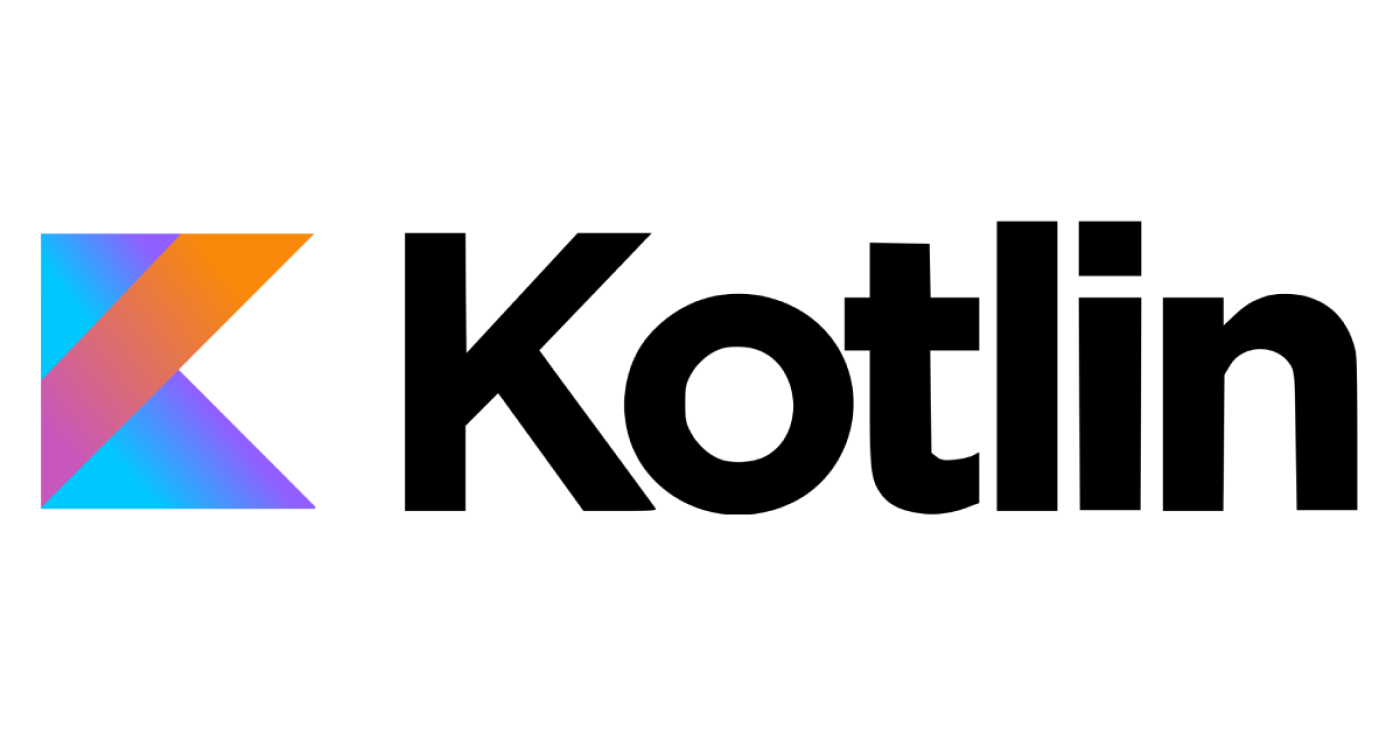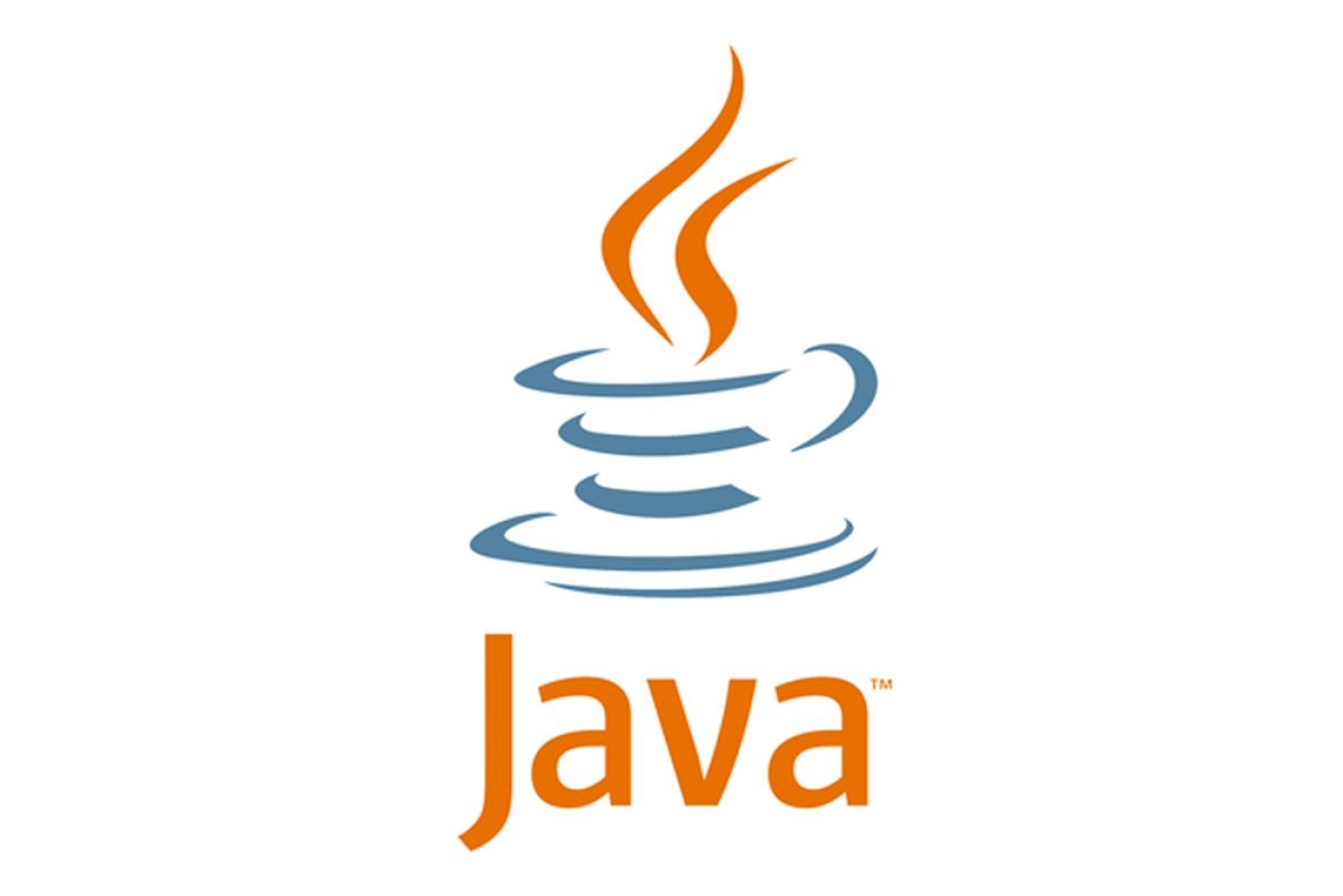
Kotlin or Java: Which language to choose for Android app development?
2024-10-28 02:17:59
Developing Android apps can be done in both Kotlin and Java, each of which has its own advantages and disadvantages. Developers need to consider the suitability and requirements of their projects when choosing a language. In this article, we will compare Kotlin and Java to help in deciding the most appropriate language for Android app development.

Kotlin
Kotlin is a language developed by JetBrains and has been endorsed by Google as the primary language for Android development since 2017. Kotlin is a modern language with a more concise structure than Java, making code written in Kotlin often shorter and easier to read.
Advantages of Kotlin:
- The code is more concise and clear: Kotlin reduces unnecessary code compared to Java. For example, the Extension Functions feature allows you to add new functions to existing classes without modifying the original code.
- Null Safety: Kotlin has a null safety system that helps prevent errors related to null pointer exceptions (NPE), which are common errors in Java app development.
- Supports Lambda functions: Kotlin supports the use of Lambda expressions, which makes it easier and more concise to write code related to managing collections or various callbacks.
- Compatible with Java: Kotlin and Java can work together seamlessly, meaning developers can use both languages in the same project, and code written in Java can be called from Kotlin and vice versa.
- Jetpack Compose: Kotlin supports Jetpack Compose, which is the latest declarative UI toolkit for Android, making UI creation more convenient and efficient.
Limitations of Kotlin:
- Learning Curve: For developers who are accustomed to Java, it may take additional time to study Kotlin, as it has new concepts and features that differ from Java.
- Compiler performance: Although Kotlin compiles quickly, in some cases, compilation may be slower than Java, especially in large projects.

Java
Java has been used for Android development since the beginning. It is considered a stable language with many supporting tools and a large community of developers.
Advantages of Java:
- Stability and good support: Java has a long history in Android development, providing a wealth of libraries and support tools readily available.
- Large community: With Java having a large and popular community, there is an abundance of documentation, guides, and code examples, which are beneficial for novice developers.
- High performance: Java compiles faster in some cases compared to Kotlin, especially for large projects that require fast compilation speed.
- Good debugging tools: Java has powerful and stable debugging tools for developing large applications.
Limitations of Java:
- Complex code: Code written in Java is often longer and more complex than Kotlin, making code management more difficult in large projects.
- Unsafe null handling: Java lacks null safety features, requiring developers to be very cautious about null pointer exceptions (NPE).
- Slower development: The development of the Java language for Android has seen fewer new updates compared to Kotlin, which is continuously updated and developed by JetBrains.

Which language should I choose?
- Kotlin is suitable for developers who need modern tools and features, focusing on developing apps with concise, readable code and high safety from null safety errors.
- Java is suitable for developers who have prior experience with the Java language or in cases where the existing project primarily uses Java. Transitioning to Kotlin may not be necessary in some situations.
Both Kotlin and Java have their advantages and disadvantages that developers need to consider. However, Kotlin is currently fully supported by Google and is considered the primary language for Android development. Therefore, new developers should pay special attention to Kotlin if they want to start developing modern Android apps.
Leave a comment :
Recent post

2025-01-10 10:12:01

2024-05-31 03:06:49

2024-05-28 03:09:25
Tagscloud
Other interesting articles
There are many other interesting articles, try selecting them from below.

2024-01-23 02:08:13

2024-09-17 10:44:19

2024-04-30 03:29:35

2024-08-26 09:09:20

2025-05-05 03:33:21

2023-11-23 01:40:59

2024-08-13 11:35:08

2024-11-06 11:24:26

2023-12-13 03:01:00
